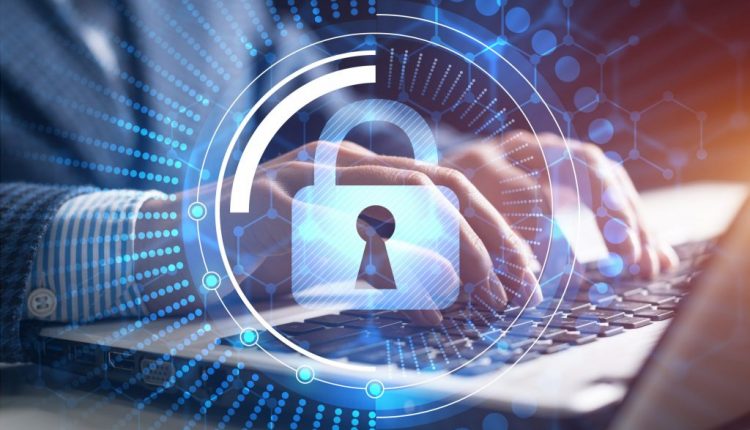Four Threats of Cybersecurity in 2020
As technology continues to evolve and become more sophisticated, so do cybersecurity threats. Costly, in terms of both time and money –– on average, it takes a business 206 days to identify a data breach and the average total cost of a data breach is over 3.9 million dollars –– it’s critical that you’re aware of the latest threats.
Here are four current cybersecurity threats and recommendations on how you can ensure you’re protected.
#1. AI-Powered Cyberthreats
AI-powered technology is vulnerable to cyberattacks through machine learning poisoning. Machine learning is reliant on the use of data, so a hacker looking to poison the system can use inaccurate data to compromise the integrity of the process.
Fuzzing (also known as fuzz testing) is another way machine learning cybersecurity can be at risk. While the process of AI fuzzing can be used for ethical purposes, such as looking to identify and correct security weaknesses within a system, in the wrong hands, fuzzing is used by cybercriminals to automate and accelerate attacks on AI software.
To keep these systems secure, the development of comprehensive documentation processes is critical. Meticulous process documentation surrounding the development and testing, as well as the results and outcomes of these audits is key.
This helps ensure that those monitoring the security of AI systems can easily identify any potential for manipulation of training or input data and/or vulnerabilities with the technology.
#2. Ransomware/Malware Attacks
In a ransomware attack, cybercriminals access an end user’s system and hijack it by installing malware that encrypts all the data. All it takes is one unsuspecting person to open the door and before you know it your entire network can be infected. Once that happens, the hackers often want some sort of ransom in exchange for the data.
When preparing a cybersecurity strategy to combat cyberattacks, having a business continuity plan that includes a back-up source for storing data should be a top priority. That way, in the event of an attack, data can be restored.
Firewalls are also critical in the prevention of ransomware attacks. Your entire network should have a secure perimeter, along with antivirus software that regularly scans for attempted breaches on each individual workstation.
#3. Internet of Things (IoT) Attacks
With businesses and homes having more internet-connected smart devices than ever — such as WiFi-connected appliances or speakers — the risk of cyberattacks via these devices continues to increase. The cybersecurity of these devices can be compromised and malware can be snuck onto the network.
As a means to secure these devices and reduce vulnerabilities, keep an inventory of all your connected devices on the network along and note what operating systems they use. Applying security patches and keeping firmware up-to-date should be completed at regular intervals to ensure your security is as tight as possible.
#4. Phishing/Social Engineering Attacks
Phishing and social engineering attacks aren’t new to the cybersecurity landscape; however, the people executing these have become increasingly sophisticated.
Phishing involves the creation of a bogus website, text, or email that is designed to prompt the victim to provide sensitive information. Because of the nature of the information, these attacks can have wide-reaching implications.
To protect against phishing, start by ensuring that all of your business systems are only accessible by the people who need them to do their job.
Additionally, your staff should be trained to recognize the common characteristics of a phishing attack. There are many solutions designed to identify and alert you to phishing attempts, so these should also be considered as part of your overall cybersecurity strategy.
Ensure Your Cybersecurity is Working For You
With cyberattacks becoming even more advanced, cybersecurity will need to continue to be a huge focus for every type of business, across all sectors. With new threats emerging regularly, cutting-edge cybersecurity skills are essential.


